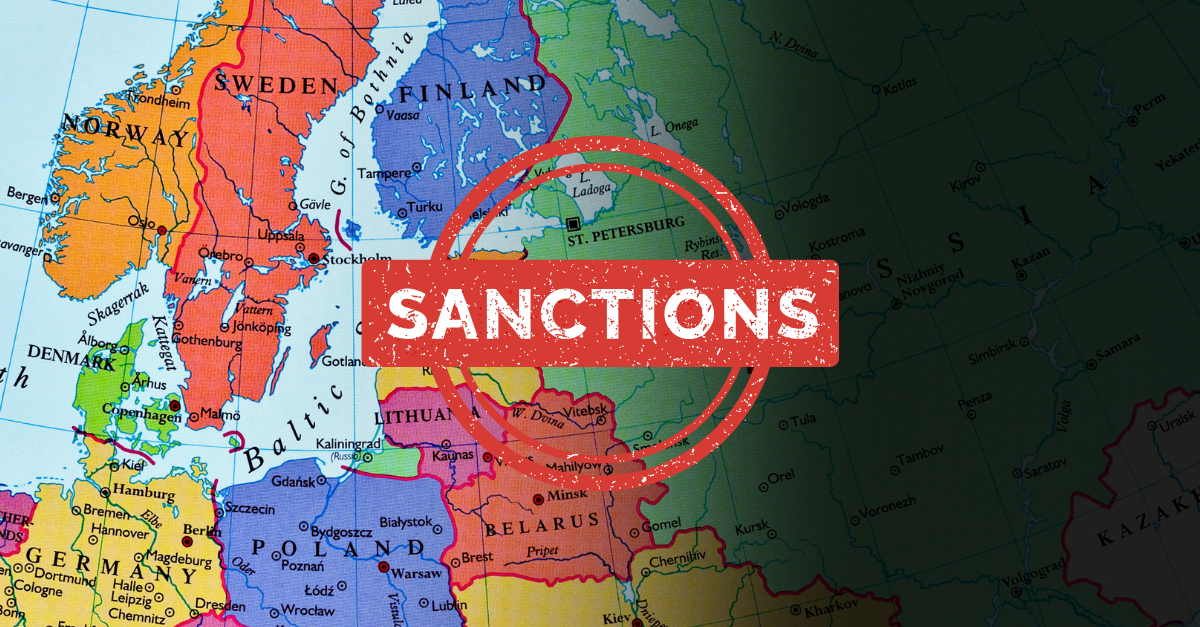Managing sanctions risk in global supply chains

EU law now allows fines of up to 5% of a company’s global turnover or €40 million for serious violations of sanctions. For businesses operating throughout the continent, the risk is evident. Getting caught dealing with sanctioned persons or entities without robust compliance systems may result in legal liability, significant losses, and damage to reputation.
Věra Jourová, Vice-President for Values and Transparency, stated:
“With Putin continuing his illegal aggression against Ukraine, it is paramount that EU sanctions are fully implemented and the violation of those measures is punished. In addition, the new rules will also make it easier for Member States to confiscate some of the frozen assets of people and companies that support the war. Member States should now swiftly transpose the new rules and make them work in practice.”
Whether through false declarations or indirectly enabling trade with restricted entities, or ignoring updated blacklist entries, the stakes are high. Sanctions impose not only compliance obligations but also create business risk patterns that require active management.

International sanctions impact every stage of the supply chain. Compliance teams need to consistently monitor suppliers, contractors, and partners against complex and frequently updated lists.
Many companies still view sanctions screening as a simple formality. In today’s regulatory landscape, that approach is no longer adequate. Risk management must be proactive, structured, and embedded in supplier engagement.
Factlines integrates sanctions monitoring into supply chain due diligence. Through self-assessment questionnaires (SAQs), suppliers’ responses are automatically scored, risks identified, and follow-up actions recommended. Built-in AI summarises the outcomes, aiding compliance teams in transforming manual screening into a structured, auditable, and proactive process.
Sanctions compliance now represents one of the most significant risks in global supply chains. The combination of severe penalties, evolving regulations, and reputational risks makes proactive risk management essential.
Book a demo to discover how Factlines simplifies sanctions compliance and enhances supply chain risk management.
Sources: